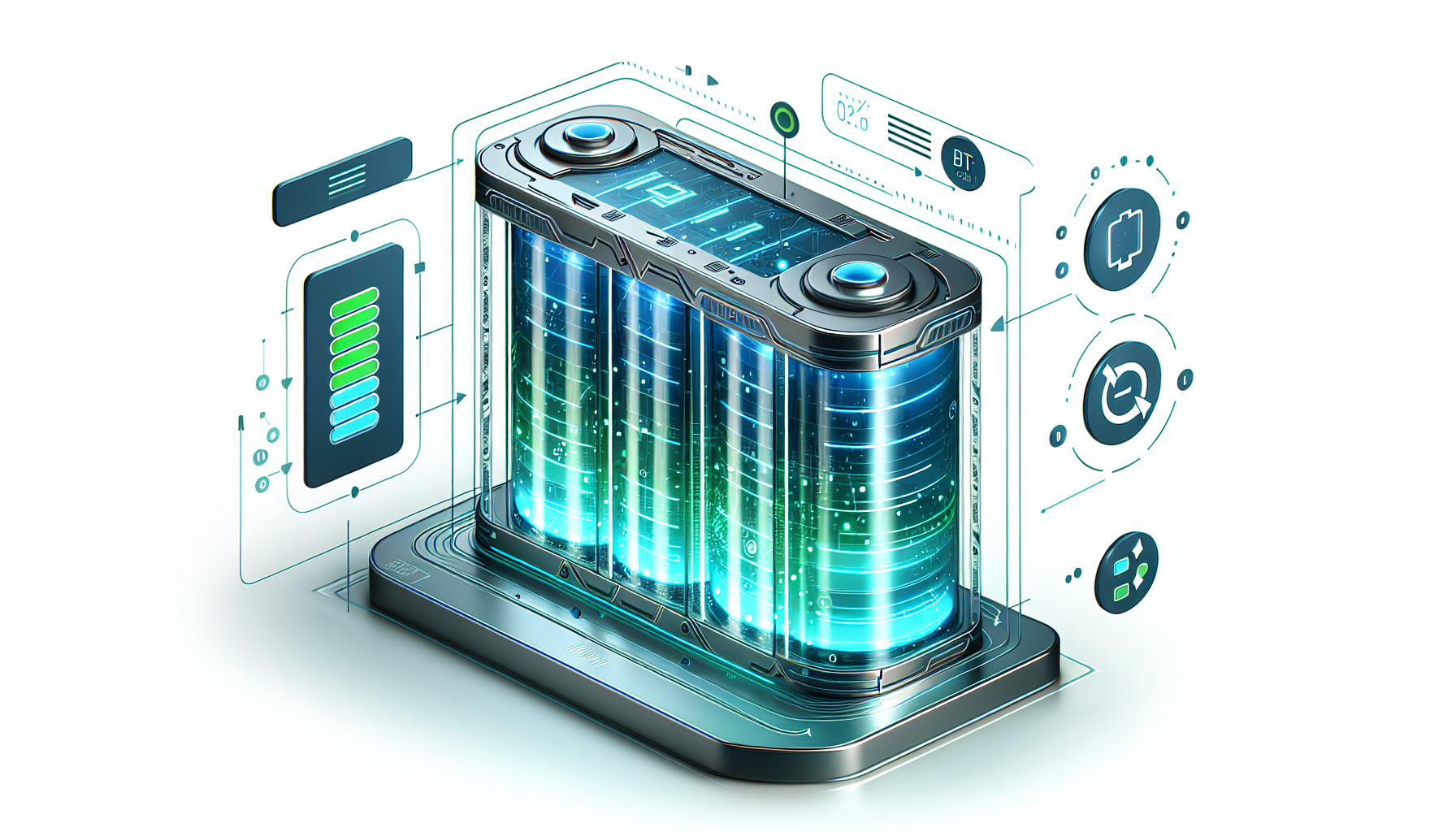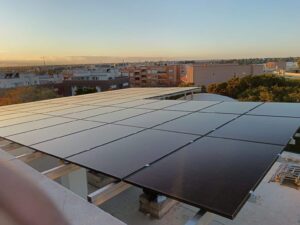The rise of solar energy has led many households to adopt self-consumption systems to make the most of the energy they generate. However, a common challenge is managing the surplus energy produced during sunlight hours. This is where the concept of a virtual battery for self-consumption comes into play, an innovative solution that optimizes the use of this energy. Learn about what it is and how it works.
What is a Virtual Battery?
A virtual battery is a concept that allows owners of solar systems to store excess energy generated in the form of credits on the electrical grid, instead of physically storing it in a traditional battery. Thus, when a household produces more energy than it consumes, it sends the surplus to the grid and converts it into credits that can be used at another time to reduce their electric bill.
How Does It Work?
1. Generation of Surpluses: During peak solar radiation hours, a household’s solar panel system generates more electricity than needed for immediate consumption. This surplus is sent to the electrical grid.
2. Accumulation of Credits: The surplus energy is converted into credits on the user’s bill. This means the energy is “stored” virtually and can be used to reduce the cost of electricity consumed during hours when there is no solar production (such as at night or on cloudy days).
3. Use of Credits: When a household’s electricity demand exceeds the production of the solar panels, the household can use those credits to cover part or all of the consumption, reducing the cost of their bill.
Advantages of the Virtual Battery
1. Savings on the Bill: Significantly reduces the cost of electricity for households with solar panels, as the obtained credits offset the electrical consumption from the grid.
2. Flexibility: Allows the use of excess energy produced during the day to cover nighttime consumption or on cloudy days without the need to invest in a physical battery.
3. Simplicity: Requires no maintenance or additional space to install a traditional battery, as the credits are managed on the bill.
4. Sustainability: Encourages users to generate their own clean energy and reduces their dependence on conventional sources.
The virtual battery for self-consumption offers a smart way to maximize the solar energy generated by households. Besides providing flexibility and savings, it represents an important step towards sustainability and efficient energy use. With this solution, it is possible to transform excess energy into tangible benefits for consumers, allowing for more effective management of energy resources.












